Schools built in ‘power vertical’: education given access to regional treasury
Why there will not anyway be enough money to build new schools, at least in Kazan
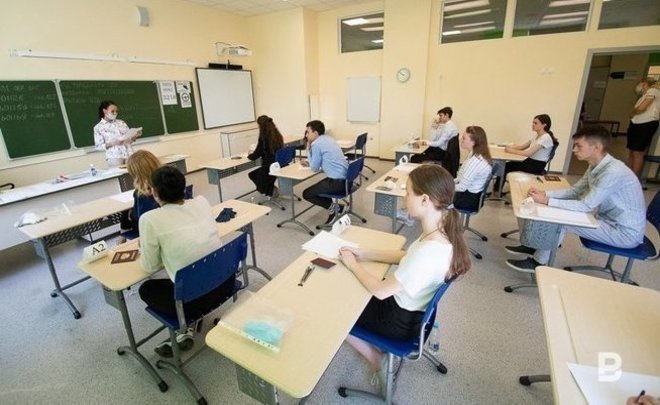
Amendments to the law one education that allow transferring schools to funding from regional budgets were adopted in Russia before New Year’s Eve. Now there are nearly 40,000 schools in the country, and most of them are supervised by municipalities, while another 56% are in the countryside and these institutions are often the “most troubled,” the initiative’s authors note. The State Duma believes that the access to the regional budget will give more opportunities and money to fund schools, which will allow providing them with teachers and chances of solving the problem of a deficit of schools in Kazan. Read more in Realnoe Vremya’s report.
The higher status, the more money?
The version of the law on education, according to the authors, must provide all conditions to get quality, available and free education. Since most Russian schools now depend on the municipal budget, many key issues such as the maintenance, repair, creation of extended school day groups and provision with staff remain unresolved. The transfer of educational institutions to the supervision of regional authorities must solve the problem, the State Duma is convinced.
“This means there will be not only more opportunities and money for funding but also other responsibility: those who have authority and finance can be held accountable for unsolved problems,” explained State Duma Chairman Vyacheslav Volodin.
The amendments to the law will allow expanding the possibilities for providing additional education for children and “given a big amount of subsidies of municipalities as well as the widely used practice of redistribution of duties from the municipal to the regional level will allow raising the transparency of the funding of the general and additional education system.”
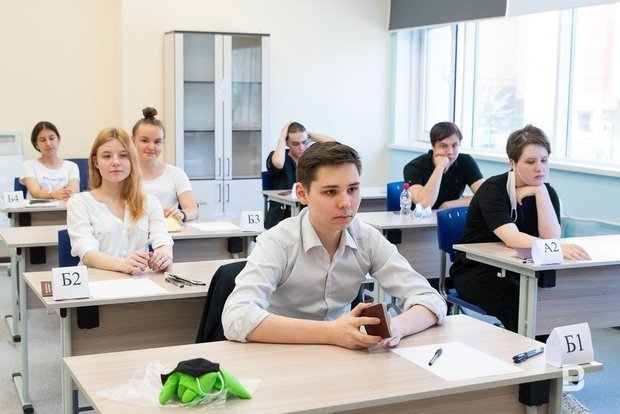
The construction of new educational facilities is an unbearable burden for municipal budgets, but will the republic’s funding help? A deficit of schools is a more topical matter for Kazan, especially in new microdistricts whose population often addresses city authorities demanding to provide them with social infrastructure.

Changes in the law to unify education?
There is a question: will the situation change after the amendments to the law on education come into force? Can the transition of management in education to a higher level provide schools with more generous maintenance and, consequently, the possibility of meeting the deficit of educational institutions faster?
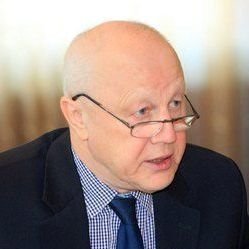
Galeyev thinks that schools have always been built with the regions’ money:
“Unfortunately, we have very relative municipal authorities, and judging by the state of affairs, something is unlikely going to change soon.”
“What can really change in our education as a result of the change in legislation?” Realnoe Vremya asked.
“Talking about the general education system, unification is underway now. And the changes, as we can assume, pour water to this water mill, so to speak. It seems to me that the aspiration to centralise educational functions is an obvious tendency. Since the 90s, the schools have been able to launch an initiative at least theoretically, made up independent programmes and so on. Now everything is coming to an end. It is hard to say if it is good or not. But I would not say this is a creative process.”
“A transition to the new level is an opportunity, not an obligation”
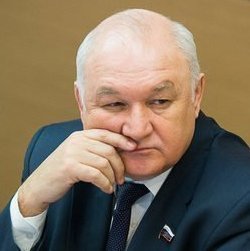
“But the rights are given for a purpose. What consequences from the transition of rights should we be waiting for?”
“There are different regions. Some are very big where there is a lack of attention of municipal authorities to a good work with educational institutions. In case such institutions are funded in the region, there is a chance they will work with these organisations more carefully.”
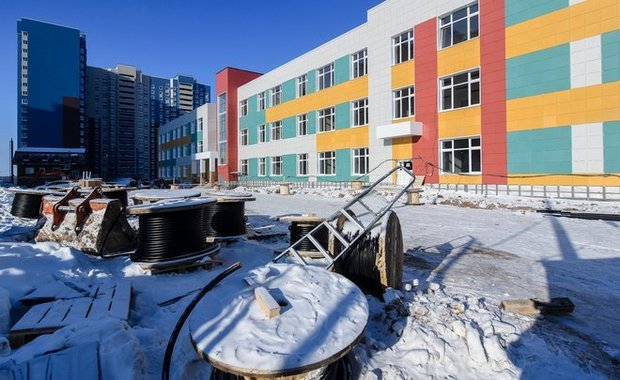
Ildar Gilmutdinov stressed that the transition to the new level isn’t an obligation for institutions and authorities but just an opportunity:
“It is up to them. Perhaps, the regional authorities will want to fulfil some functions, not all of them. For instance, they will resolve the issue of appointing mid-school directors.”
The deputy explained that the state task is to provide a united educational space for everybody so that regional authorities take this approach, not municipalities:
“There are sometimes some imbalances in the educational process. Regional authorities sometimes need to take care of the maintenance of the education institution because in most cases municipalities anyway keep them thanks to subsidies. While schools are anyway build with regional and federal money depending on available possibilities.”